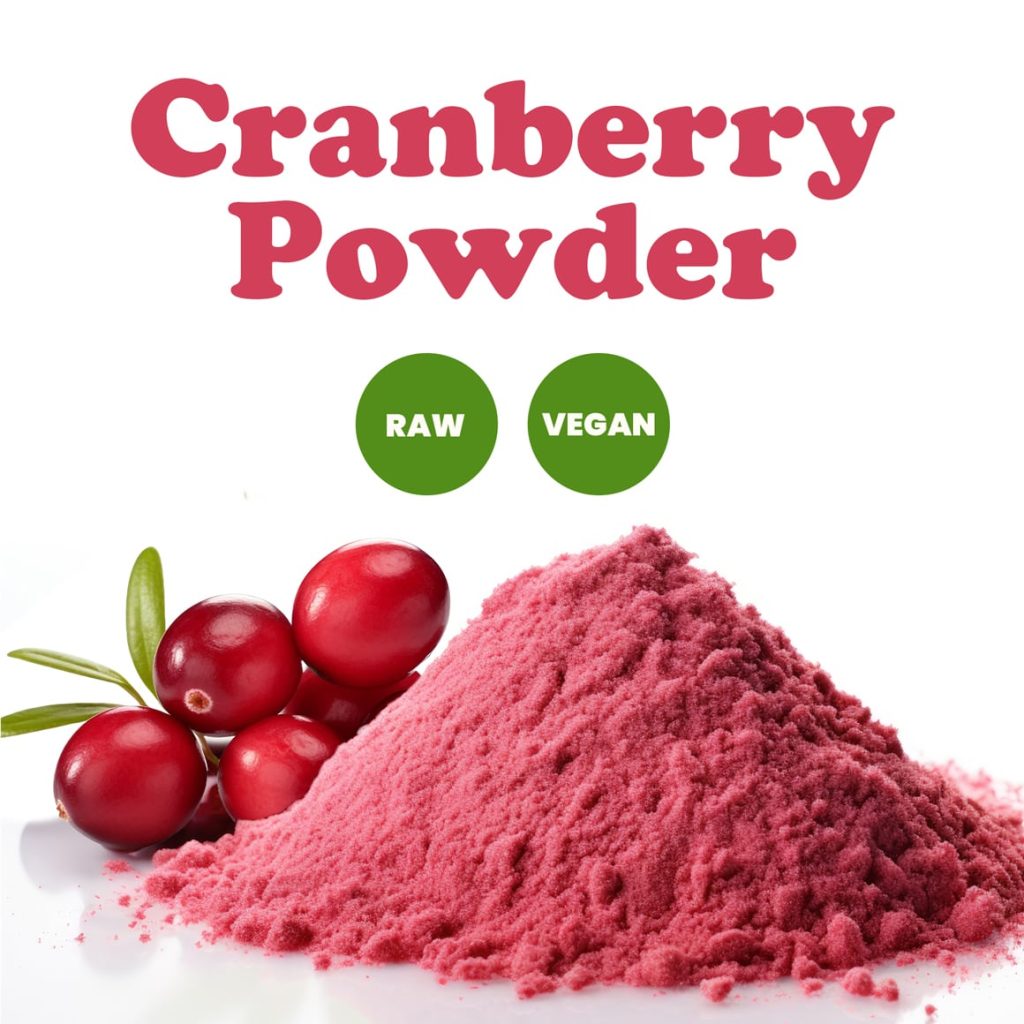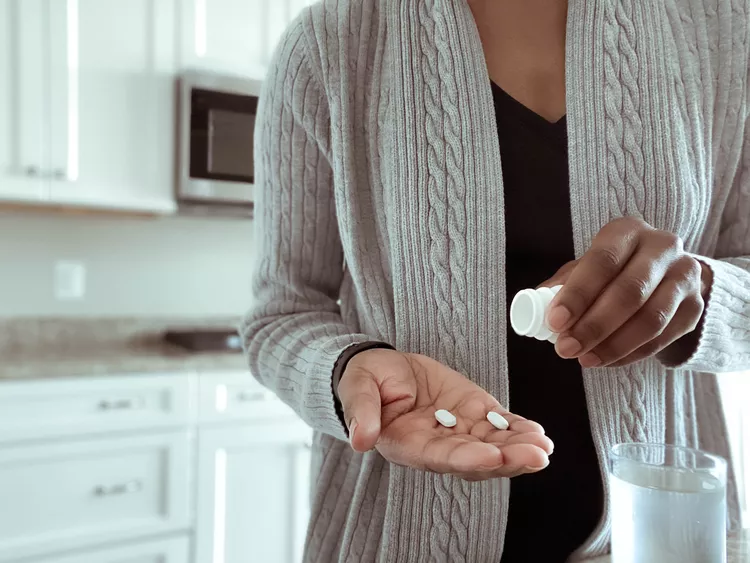What’s a UTIs?

A UTI is a bacterial infection that affects parts of the urinary system, such as the bladder, kidneys, ureters (the tube that carries urine from the kidney to the bladder), or urethra. An estimated 60% of women and 12% of men will experience at least one UTI in their lifetime.
UTIs occur when bacteria enter the urinary system through the urethra—the duct where urine exits the body. This can cause symptoms like cloudy or foul-smelling urine, abdominal cramps, fever, the need to pee frequently, and bloody urine.
How Are UTIs Diagnosed and Treated?

If you have symptoms of a UTI, your healthcare provider will typically test a sample of your urine for bacteria. You may have to pee in a cup for analysis.
Once a urine test confirms a UTI diagnosis, your provider will prescribe medication to eliminate the infection and help you feel better.
Medications may vary depending on whether you have a simple or complicated UTI.
Medications for Simple UTIs
Simple UTIs are bladder infections (known as cystitis) that pose little to no risk of complications. Your healthcare provider will treat a simple UTI with oral (taken by mouth) antibiotics. Over-the-counter pain relievers may also help relieve some symptoms.
Oral Antibiotics
Antibiotics are the first-line treatment for most UTIs. The antibiotic prescribed depends on which part of the urinary tract is infected (e.g., bladder, kidneys), the strain of bacteria that led to the infection, and your medical history.
Your provider may prescribe one or more of the following medications:
- Macrobid (nitrofurantoin)
- Bactrim (trimethoprim-sulfamethoxazole)
- Monurol (fosfomycin)
For most people with an uncomplicated UTI, a 3-day course of oral antibiotics is enough to destroy the bacteria and cure the infection. A longer course may be required for more severe cases.
It is important to finish the entire course of antibiotics, even if you start to feel better. This helps ensure the bacteria are fully eradicated from your urinary tract and lowers the risk of reinfection.
Over-the-Counter (OTC) Medications
Over-the-counter (OTC) pain relievers, including Advil (ibuprofen) and Tylenol (acetaminophen), may help relieve some UTI symptoms.
Another OTC drug, phenazopyridine, directly targets the urinary tract to relieve UTI symptoms, including pain, burning, irritation, and frequent urination.It is widely available at pharmacies and drug stores under brands like Azo, Nefreci, and Urostat.
These OTC medications will not actually treat the infection and are not a replacement for antibiotics and other medications your provider prescribes. However, they may provide temporary symptom relief while you wait for your antibiotics to take effect.
Complicated UTI Treatments
Complicated UTIs are UTIs that spread to the kidneys (known as pyelonephritis) or occur in people with certain underlying health conditions. Your UTI may be considered complicated if you:
- Live with diabetes, a spinal cord injury (SCI), cancer, or multiple sclerosis (MS)
- Are immunocompromised
- Are over 65 years old
- Recently had urinary tract surgery
- Have a kidney infection or kidney stones
- Are pregnant
- Experience dehydration or fever symptoms
- Can’t take oral antibiotics
If you have a complicated UTI, your provider will likely prescribe fluoroquinolones, a class of antibiotics that are highly effective in clearing up severe infections. Common fluoroquinolones include Cipro (ciprofloxacin) and Levaquin (levofloxacin).
Treatments for Recurring UTIs
Recurring UTIs (UTIs that happen over and over again) are common among people with certain health conditions, such as SCI and MS. If you have recurrent UTIs, your provider might recommend preventative medications to reduce the frequency of your infections, such as:
- Urex (methenamine hippurate)
- Low-dose antibiotics
These make your urine slightly more acidic, making it easier for your urinary tract to kill harmful bacteria before they spread to your bladder or kidneys. Your provider may suggest taking these medications daily or only when you’re more at risk of developing a UTI, such as after having sex.
Complementary and Alternative Medicine (CAM)
There is little scientific evidence to support the effectiveness of CAM therapies for treating UTIs, but some may help relieve symptoms or prevent infection.
Cranberry

Cranberry products, such as juice and capsules, have long been suggested to help prevent UTIs, but research shows mixed results.
Some studies suggest that cranberries may lower the risk of recurrent UTIs by preventing bacteria from attaching to the urinary tract lining. Other studies—especially those in high-risk populations like older adults or people with MS—have found cranberry products ineffective.
D-Mannose

D-mannose is a type of sugar naturally present in fruits. Commonly marketed as a dietary supplement to prevent UTIs, D-mannose may stop bacteria from attaching to the bladder wall, making it easier for the body to flush harmful bacteria out of the urinary tract.
Research suggests that D-mannose may increase the effectiveness of antibiotic therapy, but further study is needed.
Acupuncture
Acupuncture is a component of traditional Chinese medicine (TCM). It involves inserting thin needles into the skin at specific points on the body. Research shows that acupuncture may help relieve UTI symptoms, boost the effectiveness of antibiotics, and help prevent recurrent UTIs.
Lifestyle and Home Remedies
Antibiotic therapy is the gold standard for treating most UTIs. However, evidence suggests that many of the most common UTI-causing bacteria are increasingly resistant to antibiotics.
For this reason, your healthcare provider may recommend a “watch and wait” approach if you have a mild UTI, during which they will monitor you to see if your symptoms improve.
These lifestyle modifications and home remedies may help relieve symptoms while your body fights the infection:
- Stay hydrated: Drinking fluids, especially water, can help flush bacteria from the urinary tract. Aim to drink 6-8 glasses of water each day.
- Urinate frequently: Emptying your bladder helps flush bacteria out of the urinary tract.
- Use a heating pad: Applying a heating pad to the lower abdomen can help relieve abdominal pain and discomfort caused by a UTI.
- Garlic extract: Research suggests that supplementing with garlic extract may help reduce levels of bacteria associated with UTIs.
- Wear loose clothing: Wearing comfortable, loose-fitting clothing and cotton underwear can help keep the urethra dry and prevent bacteria growth.
- Try a probiotic: Taking probiotics (supplements that improve gut bacteria) may help prevent infections.
Conclusion:
Urinary tract infections are painful but common infections that occur when bacteria from your urethra spread to your bladder or kidneys. UTIs don’t typically go away on their own. If you think you have a UTI, talk to a healthcare provider immediately to receive proper care and treatment.
Antibiotic therapy is the most common treatment for UTIs and may last 3-14 days, depending on severity. OTC pain medications can help relieve discomfort caused by UTIs. If you have a more serious UTI, you may need to be hospitalized to prevent complications. Certain lifestyle changes, like drinking water and increasing vitamin C intake, can also help flush out bacteria and prevent recurrent UTIs.

